
Recovery from brain injury or cognitive impairments related to chronic illness can be facilitated with cognitive rehabilitation. Individuals often experience changes in memory, attention, and concentration. The ability to plan and initiate activities may have been disrupted. Carrying out the tasks of daily living may require concentrated effort. Former work functions may be difficult to perform. Changes in cognitive functioning may range from mild to severe.
The goal of cognitive rehabilitation is to achieve the most independent or highest level of functioning. Treatment is based on individualized goals that take into consideration the patient's current pattern of strengths and weaknesses.
Treatment is highly individualized for each person. After an initial interview and discussion of patient goals, medical records and neuropsychological evaluation results, if available, are reviewed. A cognitive rehabilitation plan is developed as a collaborative effort.
A primary goal of cognitive rehabilitation is achieving significant and measurable improvements that enable individuals to enjoy a more productive and satisfying life after injury. Treatment is targeted, practical and geared to developing greater independence, improving everyday functioning and achieving academic and vocational goals. When appropriate, tasks from a person's school or work environment are incorporated into the process of rehabilitation.
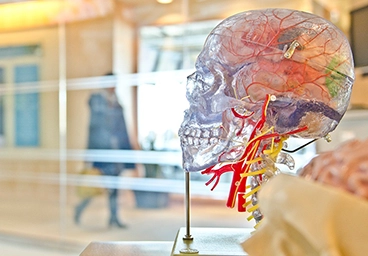
Brain Injury
Brain Injury Comprehensive Integrated Inpatient Rehabilitation Program
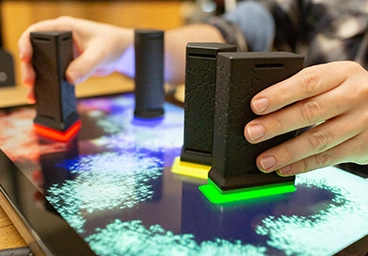
Cognitive Rehabilitation
Restoring function to thinking processes after an acquired brain injury
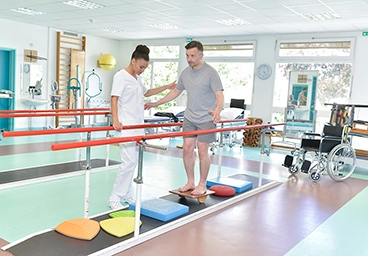
Comprehensive Rehabilitation
Comprehensive Integrated Inpatient Rehabilitation Program
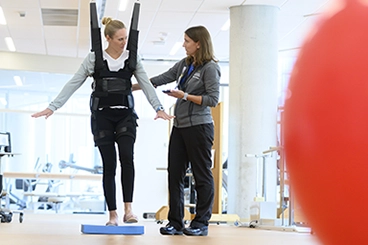
Spinal Cord Injury
Maximize neurological recovery and rediscover a fulfilling life
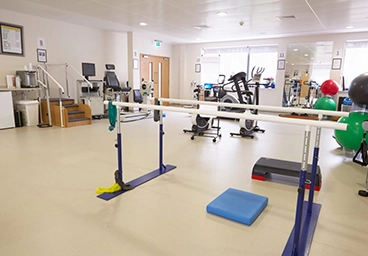
Therapy Gym
A wide variety of rehab therapy treatment options
